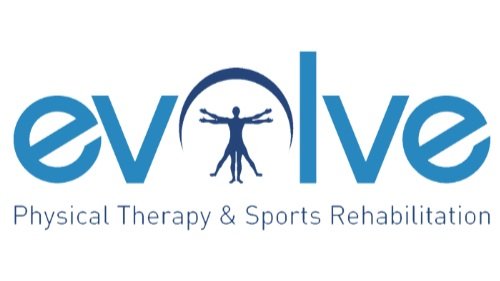RECOVERY: “WHAT ELSE CAN I DO?”
Whether post surgery or post injury, patients ask us all the time, “What else can I do to help my body recover faster?”
While tissue healing times are variable and largely dependent on factors out of our control, there are in fact, a few things you can do to help optimize your recovery.
#1. SLEEP
A plethora of research has come out in the last decade highlighting the importance of sleep. Sleep is the time in which our body makes repairs. Current research (here and here) suggests that the opposite may also be true. Not getting enough quality sleep may also impair healing due to increased inflammatory markers.
You might even notice after a traumatic injury or surgery that you are more easily fatigued. This is your body’s way of telling you that more rest is needed.
Check out this post from The Sleep Foundation for more information on physical recovery and performance & this article for even more! “Evidence shows that more sleep, or extended sleep, can benefit athletes, their recovery, and their performance. Recommendations for athletes range between seven and nine hours nightly17. Elite athletes are encouraged to get at least nine hours of sleep nightly and to treat sleep with as much importance as athletic training and diet. In contrast, people who exercise moderately likely do not need as much sleep as elite performers. Standard sleep guidelines are appropriate.”
#2. NUTRITION
There are droves of books written on the topic of nutrition and recovery. The basics are as follows:
– Protein provides the building blocks your body needs for recovery. Without protein, your body doesn’t have the necessary “ingredients” to build and refortify tissue.
– Carbohydrates are the preferred fuel of your muscles. According to the Journal of Sport Sciences and the International Journal of Environmental Research and Public Health, replenishing carbohydrates stores helps to “spare the muscle” allowing for optimal muscle healing and recovery.
“The consumption of carbohydrates is not only important to replenish the glycogen reserves but also to contribute to the energy requirements for the immune system and tissue reparation.”
– Fat (dietary) helps to regulate hormones, balance blood sugar, and provide a secondary fuel source. Quality, healthy fats play a huge role in balancing the body for optimal healing and also play a role in brain and nerve function. As a general rule, it is best for your body and your recovery to eat well balanced meals composed of protein, fat, and carbohydrates. For more specifics or a more personalized approach seek the help of a nutritionist or registered dietician.
#3. HYDRATION
– Water is a critical component of nearly all bodily functions. “Up to 60% of the human adult body is water. According to H.H. Mitchell, Journal of Biological Chemistry 158, the brain and heart are composed of 73% water, and the lungs are about 83% water. The skin contains 64% water, muscles and kidneys are 79%, and even the bones are watery: 31%.”
According to the US Geological Survey:
– Considering the vital role water plays in day to day function, one should not be surprised at water’s role in recovery from injury, trauma, and/or surgery.
– Muscle contractions are actually conducted by electrical activity through the nervous system and without proper hydration, normal muscle function cannot occur.
TIP: The first step in eliminating muscle cramps is to make sure you are drinking enough water!
For more information on hydration and water intake, check out this post by the Mayo Clinic.
#4. KEEP MOVING
– Research shows that light cardio (think: a walk around the block or a gentle bike ride) can help flush the system, promote blood flow, and ultimately help optimize recovery
#5. CONSISTENCY IS KEY
– Changes and adaptations in the body take a minimum of 4-6 weeks. Recovery from more serious injuries, traumas, or surgeries can take as little as 12 weeks or up to a year. Working with your physical therapist and consistently performing your prescribed exercises will help ensure optimized recovery time frames.
#6. HOT AND COLD?
– There is mixed evidence regarding heat and cold use for recovery. Evidence is trending towards avoiding cold exposure (such as an ice bath) immediately after exercise due to an overall blunted response to inflammation; however, some promising studies (here, here, and here) have shown that both Infrared and traditional sauna use may be beneficial in the recovery process.
Conclusion: Normal recovery times from injuries and surgeries can be quite variable; however, we typically see significant improvement in 6-8 weeks. While there is no “magic cure” to speed up recovery, implementing practices such as good sleep hygiene, proper hydration and nutrition, mobility, consistency, and hot / cold therapies may actually help optimize recovery timeframes.

